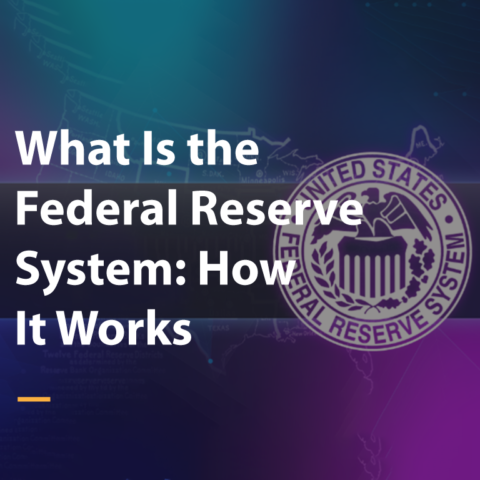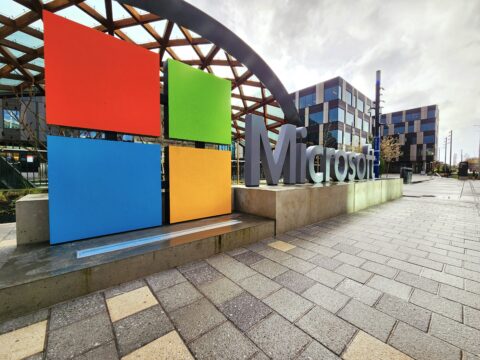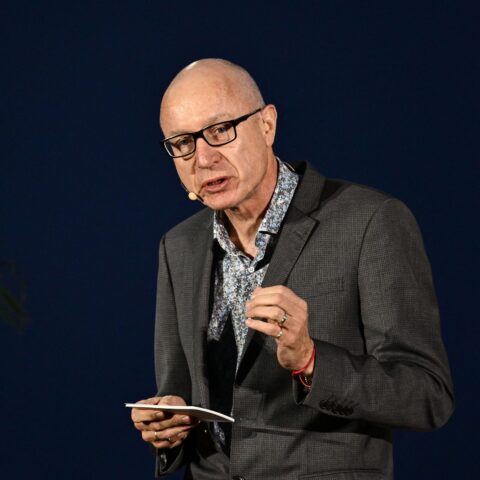Contents
In recent times, the American public’s perception of inflation and its causes has shifted significantly. A phenomenon known as “greedflation” has emerged, attributing the rising inflation rates to corporate greed. This article delves into the concept of greedflation, its implications, and the findings of a recent poll shedding light on Americans’ views regarding this issue.
Understanding Greedflation
Greedflation, a term recently coined by Dictionary.com, refers to the inflationary pressures generated not by market forces or organic economic factors but rather by corporate executives’ insatiable pursuit of profits. It signifies a scenario where prices and rents escalate solely to bolster already healthy or excessive corporate profits.
Rising Public Perception
A recent poll conducted by Navigator Research reveals a notable shift in public perception regarding the causes of inflation. According to the poll, a staggering 59 percent of Americans now view corporate greed as a “major cause” of inflation, marking a significant increase from 44 percent in January 2022. This surge in sentiment underscores growing concerns over the role of corporate interests in driving inflationary trends.
Economic Landscape
Against the backdrop of rising inflation rates, corporate profits have soared to unprecedented levels, even amidst economic turmoil. Despite inflation peaking at 9.1 percent in mid-2022, corporate profits continued to thrive, painting a stark contrast to the financial struggles faced by ordinary Americans. The Federal Reserve’s efforts to curb inflation through interest rate hikes have further exacerbated economic challenges, leading to increased delinquencies on loans and erosion of savings.
Political Implications
The concept of greedflation has transcended traditional political divides, garnering attention across party lines. While Republicans tend to attribute inflation to government spending, the poll indicates a notable increase in the share of both Democrats and Republicans attributing inflation to corporate greed. This bipartisan consensus underscores the pervasive concern over the influence of corporate interests on economic dynamics.
Public Sentiment and Policy Perspectives
The overwhelming majority of respondents, irrespective of political affiliation, perceive corporate greed as a significant driver of inflation. This growing consensus reflects a broader societal shift towards prioritizing the interests of workers over corporate entities. Moreover, it underscores the demand for economic policies aimed at curbing corporate excesses and ensuring fairer distribution of wealth.
Conclusion
As inflation continues to pose challenges to American households, the concept of greedflation has emerged as a compelling explanation for the underlying causes. The findings of the Navigator Research poll highlight the growing public disillusionment with corporate practices and the urgent need for policy interventions to address runaway corporate greed. In navigating the complex economic landscape, policymakers must heed the voices of the people and strive towards a more equitable and sustainable economic future.








